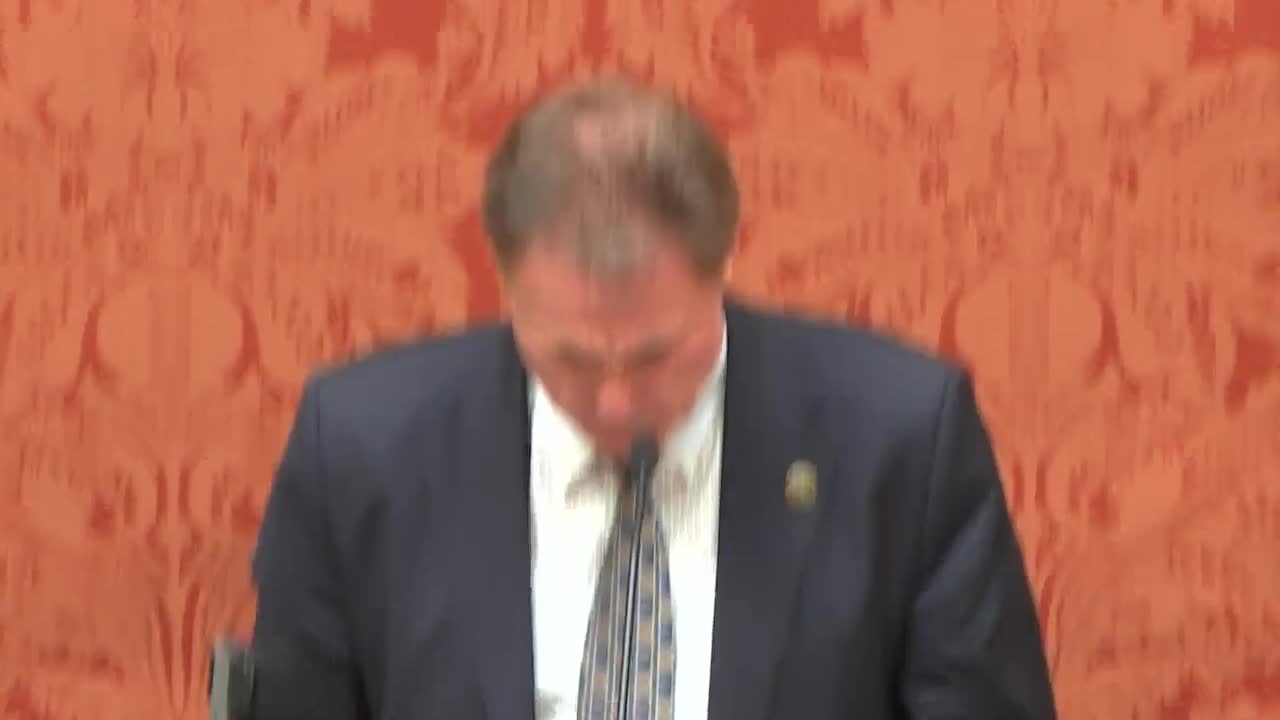Utah House approves bill requiring firearm-safety instruction in schools
Get AI-powered insights, summaries, and transcripts
Subscribe
Summary
The Utah House passed House Bill 104 to require schools to teach firearm safety multiple times between kindergarten and high school, adding an opt-out for parents and codifying state standards; the final vote was 59-10.
The Utah House on Feb. 14 approved House Bill 104, a measure that requires public schools to provide firearm-safety instruction at least three times during kindergarten through sixth grade, once in middle school and once in high school. The bill, sponsored by Representative Shipp, passed the House on a 59-10 vote.
Supporters said the requirement aims to reduce accidental shootings by ensuring students who do not have firearms at home still receive basic safety instruction. "From time to time, we hear of accidental shootings of kids," Representative Shipp said during floor debate, arguing that short video- or curriculum-based instruction can reach students who otherwise never learn safety at home.
The bill codifies existing state standards into statute and adds a parental opt-out. Representative Walter, who worked with the sponsor on the measure, said the fourth substitute largely adopts standards already in place and makes compliance a statutory requirement: "Those standards have not been met ... the requirement to meet those standards will now be part of the statute," he said.
Floor debate included an amendment that increased the number of times firearm safety must be taught in grades K–6 from two to three. The sponsor urged support for that change, saying it reinserts instruction earlier and more often in elementary school.
Representative Ivory raised concerns about material children see in schools and referenced violent media as part of the broader conversation, noting: "There is a 12‑volume series in schools now that I would encourage everyone to check their schools and school districts. It's called Assassination Classroom." He framed that point as part of why clear safety instruction matters.
The bill includes a parental opt-out and allows instruction to be delivered by video, substitute teachers or other non classroom-intensive methods; supporters emphasized the sessions are intended to be brief. Opponents who voted no argued that teachers already face heavy demands and that implementation details need close oversight.
Passage sends the bill to the state Senate for consideration. The House approved an amendment and adopted the fourth substitute before final passage.
Votes and next steps: House Bill 104 passed the House 59-10 and will be transmitted to the Senate.
